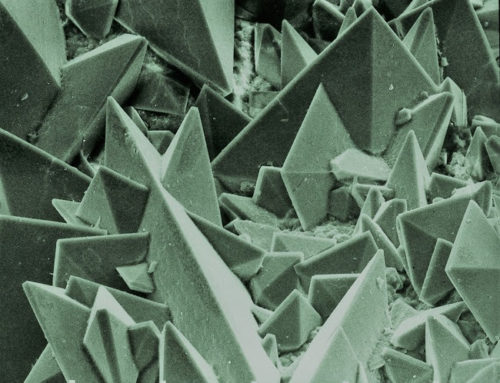When we see or smell food, our stomach prepares for digestion by secreting hydrochloric acid, or HCL. As we age, as we experience chronic stress, as we take medicines and drink coffee our production of HCL declines. I have recently discovered that a fairly large portion of the population also has a genetic abnormality that prevents the secretion of hydrochloric acid. This explains why even some of my younger patients do not seem to have the ability to digest fully.
Digestion begins in the mouth—we secrete over 4 liters of saliva per day, which contains enzymes that break down food. Inadequate chewing is the first place that proper digestion is compromised. It is ideal to chew at least 30 times per mouthful, and more if you are chewing meat. Proper chewing mixes the saliva enzymes with the food.
Next, the stomach should secrete HCL at the beginning of a meal. Often, the stomach does not produce enough. The HCL acidifies food in order to break proteins into peptides and single amino acids. This process enhances the absorption of many nutrients. Iron, calcium, zinc, copper, folic acid, vitamin B12 and other B vitamins require the presence of HCL. Without adequate HCL, vitamin and nutrient deficiencies are likely. If HCL secretion is diminished, proteins in the stomach are not properly cleaved into single amino acids and they enter the small intestine partially intact. This sets the stage for future food sensitivities, dysbiosis in the gut, and allergic reactions. This can also lead to the development of autoimmune diseases.
Adequate HCL also serves as a barrier in the gut by killing various microorganisms that might otherwise infect or colonize the GI tract. Individuals who are deficient in HCL secretion are therefore at increased risk of bacterial, fungal overgrowth, parasitic infections in the GI tract as well as general dysbiosis.
Common Symptoms of low HCL:
Heartburn
Indigestion
Belching after meals
Bloating after meals
Excess gas
Constipation
Chronic diarrhea
Non Gastrointestinal symptoms of HCL:
Fatigue
Depression
Muscle cramping
Weak, peeling fingernails
Rosacea, acne, eczema
Dilated capillaries around nose and chin
Brittle hair
Excessive hair loss
White horizontal spots on finger nails indicating mineral deficiency
Treatment of Hypoacidity:
Take one cap Betaine Hydrochloride (500 mg per cap) during the first few bites of a meal or mid meal. If you do not experience burning, at the next meal take 2 caps. Continue increasing the number of caps at each meal until you do get burning or
discomfort then decrease by one cap to the previous number of capsules. If you do get burning you can neutralize this with ½ tsp baking powder in 4 ounces of water.
Meal size, protein portions and decreased chewing are all factors that could affect the amount of capsules needed for a particular meal.



